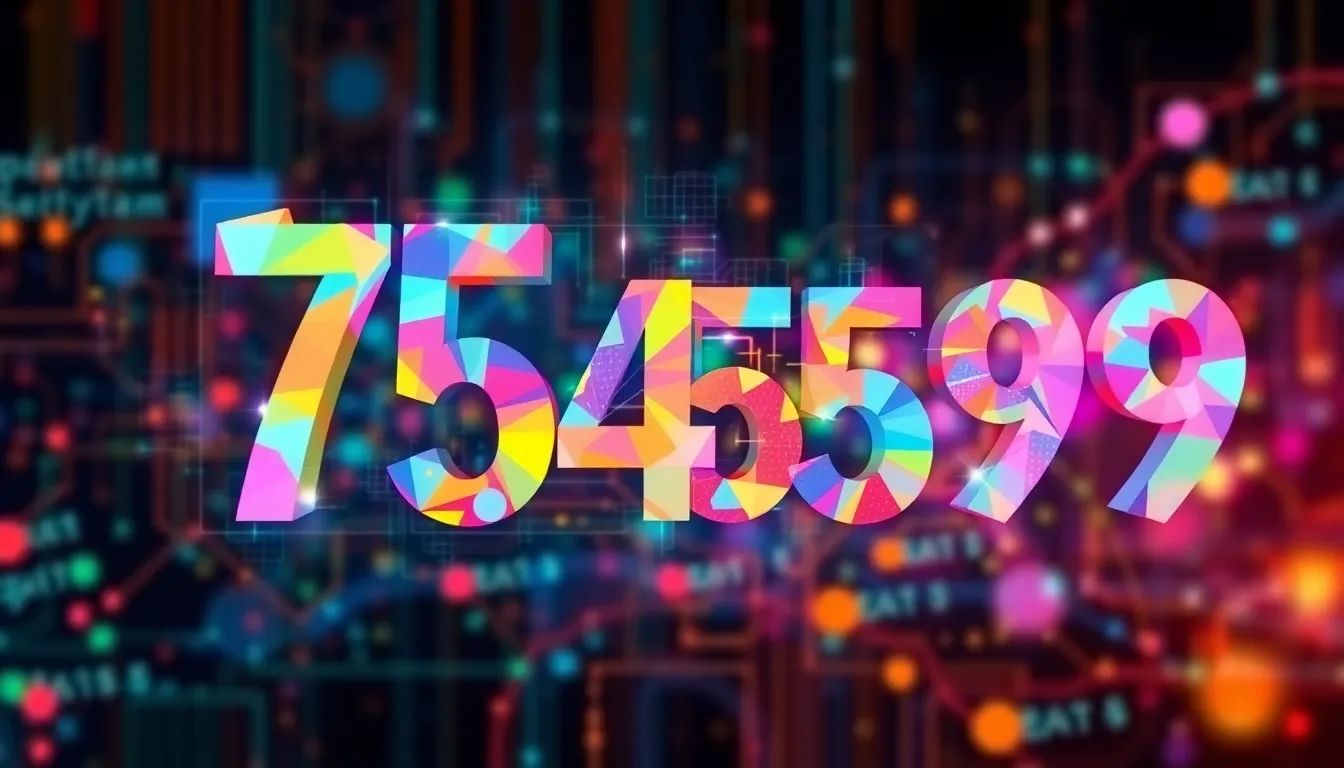Navigating the world of currency exchange can feel like trying to find your way through a maze blindfolded. With the INR to NGN exchange rate constantly shifting, it’s crucial to stay informed. Whether you’re planning a trip to Nigeria or just curious about the financial dance between the Indian Rupee and the Nigerian Naira, understanding this exchange rate can save you from some serious wallet woes.
Imagine walking into a market, ready to haggle, only to realize your money isn’t worth as much as you thought. That’s why keeping an eye on the INR to NGN exchange rate is essential. It’s not just numbers on a screen; it’s about making your hard-earned cash stretch further. So buckle up and get ready to dive into the fascinating world of currency exchange, where every rate tells a story and every conversion could lead to a better deal.
Table of Contents
ToggleOverview of INR to NGN Exchange Rate
Understanding the INR to NGN exchange rate proves essential for travelers and those engaged in financial transactions between India and Nigeria. This rate fluctuates frequently, reflecting economic conditions and impacting financial decisions.
Historical Trends
Historical data shows that the INR to NGN exchange rate has experienced significant variations over the years. For instance, in 2010, the rate was approximately 1 INR to 3.55 NGN. By 2020, it reached around 5.5 NGN for 1 INR, indicating a gradual depreciation of the Naira against the Indian Rupee. Such trends suggest broader economic shifts and currency confidence, influencing trading patterns between both nations. Investors often analyze these historical movements to forecast future trends.
Current Market Conditions
Current market conditions reveal a dynamic exchange rate environment. As of October 2023, 1 INR exchanges for about 5.2 NGN. Recent economic reports indicate a slightly stronger Nigerian Naira due to various factors, including government policy adjustments and inflation rates. Additionally, global market fluctuations play a key role in shaping the current exchange landscape. Economic analysts advise closely monitoring these rates for informed decision-making, especially in transactions involving large amounts.
Factors Influencing the Exchange Rate

Understanding the factors influencing the exchange rate between INR and NGN helps individuals make informed financial decisions. Exchange rates are dynamic, impacted by various elements.
Economic Indicators
Economic indicators play a vital role in determining the value of INR against NGN. Inflation rates directly affect purchasing power. A higher inflation rate in Nigeria could weaken the Naira compared to the Rupee. Gross Domestic Product (GDP) growth also influences exchange rates; robust economic growth in either country might strengthen its currency. Interest rates set by central banks shape currency value as well. Higher interest rates in Nigeria could attract foreign investment, supporting the Naira’s value against the Rupee. Market sentiment based on employment rates, trade balances, or consumer confidence can shift exchange rates too.
Political Stability
Political stability significantly affects currency strength and exchange rates. In India, stable governance might boost international investor confidence in the Rupee. Conversely, political turmoil in Nigeria can lead to uncertainty, impacting the Naira’s value. Government policies also play a crucial role; proactive economic reforms can enhance investor trust. External relations and agreements affect market perceptions as well. For example, trade partnerships can improve economic health, lending strength to a currency. Overall, a stable political environment fosters a favorable exchange rate between INR and NGN.
How to Convert INR to NGN
Converting Indian Rupees (INR) to Nigerian Naira (NGN) involves several methods that cater to different preferences and needs.
Conversion Methods
Online currency converters serve as a quick and easy way to determine exchange rates. Mobile apps offering real-time rates enhance convenience for travelers. Banks provide currency exchange services, often with set rates that may differ from market rates. Currency exchange bureaus can be found in major cities, typically offering competitive rates. Some individuals opt to exchange cash through friends or contacts in Nigeria to avoid fees.
Cost Implications
Transaction fees may apply when converting INR to NGN, affecting the overall amount received. Banks often impose higher fees compared to online services. Currency exchange bureaus might have additional costs, impacting the rate offered. Understanding the total costs associated with each method can clarify which option is most economical. Choosing the right method requires consideration of both the exchange rate and any hidden fees.
Comparison with Other Currency Pairs
The exchange rate of INR to NGN frequently fluctuates when compared to other currency pairs. Analyzing the INR and its performances against currencies like the US Dollar (USD) or the Euro (EUR) provides valuable insights. Currently, 1 INR equates to approximately 0.012 USD, illustrating the relative strength of the Rupee against the Dollar.
When looking at the Naira, its exchange with the USD stands at roughly 0.0024 USD for 1 NGN. This stark contrast indicates that the Naira experiences more significant depreciation compared to the Rupee over the years. Tracking these relationships offers context regarding economic stability within each country.
Comparing the inflation rates can also shed light on these currencies. India’s inflation rate averages around 6 percent, whereas Nigeria’s inflation has been higher, often exceeding 15 percent. The higher inflation in Nigeria may weaken the Naira further, impacting its exchange performance against the Rupee.
Additionally, the GDP growth rates contribute to currency strength. India’s consistent GDP growth averaging 5.5 percent supports confidence in the Rupee. In contrast, Nigeria has seen more volatile growth, which can undermine trust in the Naira.
Political climates also play essential roles in currency comparisons. Political stability in India often fosters confidence for investors, benefiting the Rupee. Conversely, Nigeria’s political challenges can lead to concerns, adversely affecting the Naira’s exchange rate.
Monitoring these other currency pairs helps illustrate broader economic trends. Observing the INR to NGN exchange rate encourages individuals to analyze shifts in other currencies for better decision-making.
Understanding the INR to NGN exchange rate is crucial for anyone engaging in financial activities between India and Nigeria. The dynamic nature of this rate reflects broader economic trends and influences personal financial decisions. By staying informed about current rates and the factors that drive fluctuations, individuals can navigate currency exchanges more effectively.
Whether traveling or conducting business, knowing the best methods for conversion can lead to significant savings. Monitoring economic indicators and political stability will further enhance decision-making. Being proactive in understanding these elements ensures that individuals can maximize their financial outcomes when dealing with these two currencies.




